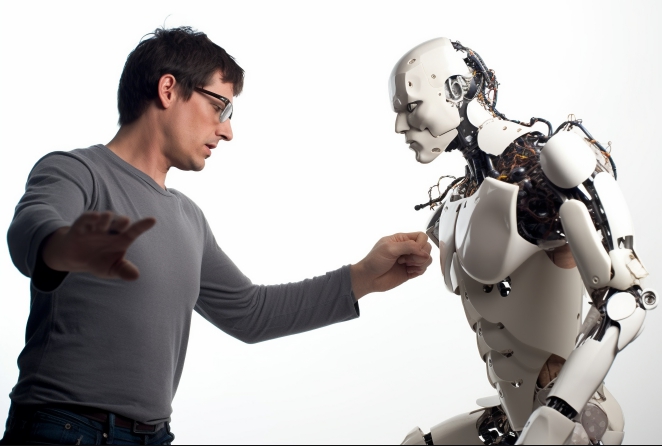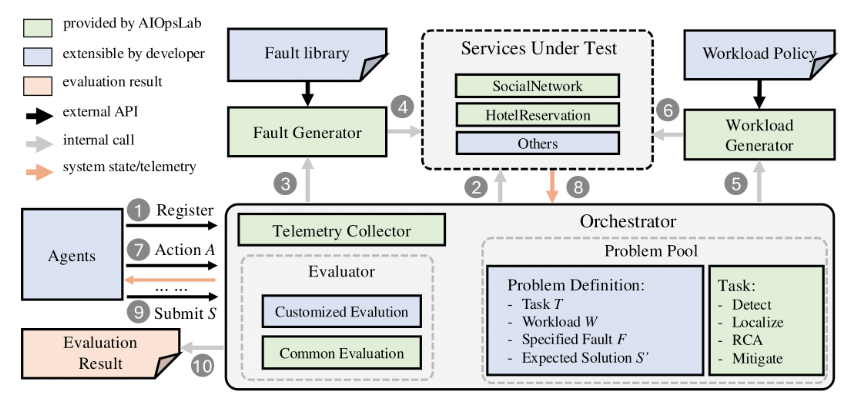At a recent forum in Davos, Deloitte released a report revealing the difficulties companies face in translating generative artificial intelligence (Gen AI) experiments into practical applications. Although companies have achieved positive initial results on generative AI projects, there are still many obstacles to large-scale deployment.

According to the report, when many companies implement generative AI, they find that the transformation process from laboratory to production environment is not easy. Especially when it comes to technology infrastructure and team capabilities, many companies face the challenge of insufficient adaptability. In addition, companies often lack a clear strategy on how to apply AI to specific business scenarios, which makes it difficult to sustain and expand their AI projects.
In the report, Deloitte highlights the potential of generative AI, including benefits in improving operational efficiency and enhancing customer experience. However, in reality, many companies encounter bottlenecks in resource allocation, data quality, compliance and other issues, which have seriously affected the promotion and application of generative AI projects.
Deloitte's survey also pointed out that companies also have difficulties in recruiting talents and improving skills. With the rapid development of technology, existing employees often have difficulty keeping up with the changes in new technologies, which leads to teams lacking confidence in the application of generative AI. In addition, enterprises also need to adjust their culture and organizational structure to better support the implementation of AI.
To help companies overcome these obstacles, Deloitte recommends that companies should strengthen strategic planning for generative AI and clarify project goals and implementation steps. At the same time, investment in employee training should also be increased to improve the team's technical capabilities and application level. Only in this way can enterprises make full use of the advantages of generative AI and achieve the goal of digital transformation in an increasingly competitive market.
AI courses are suitable for people who are interested in artificial intelligence technology, including but not limited to students, engineers, data scientists, developers, and professionals in AI technology.
The course content ranges from basic to advanced. Beginners can choose basic courses and gradually go into more complex algorithms and applications.
Learning AI requires a certain mathematical foundation (such as linear algebra, probability theory, calculus, etc.), as well as programming knowledge (Python is the most commonly used programming language).
You will learn the core concepts and technologies in the fields of natural language processing, computer vision, data analysis, and master the use of AI tools and frameworks for practical development.
You can work as a data scientist, machine learning engineer, AI researcher, or apply AI technology to innovate in all walks of life.







